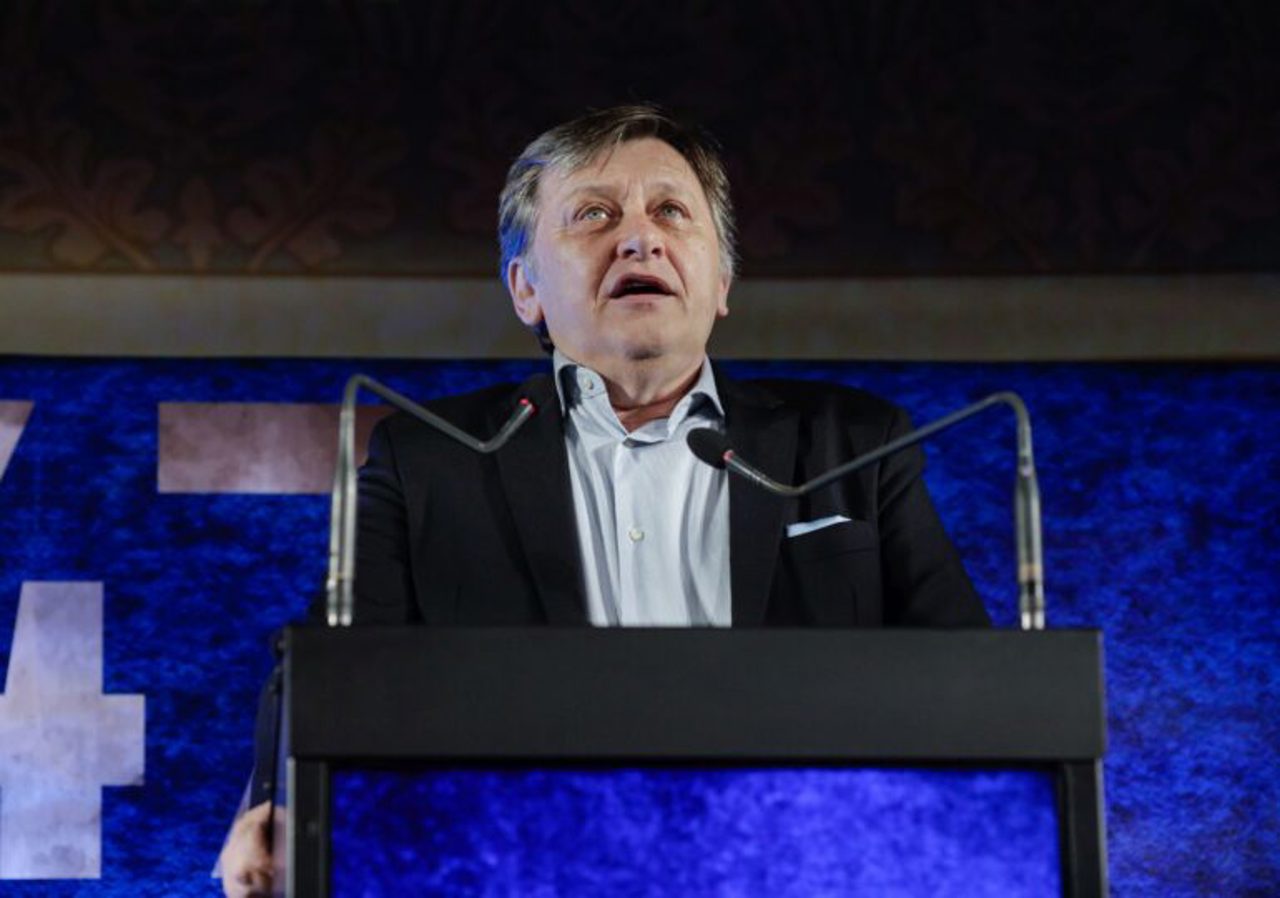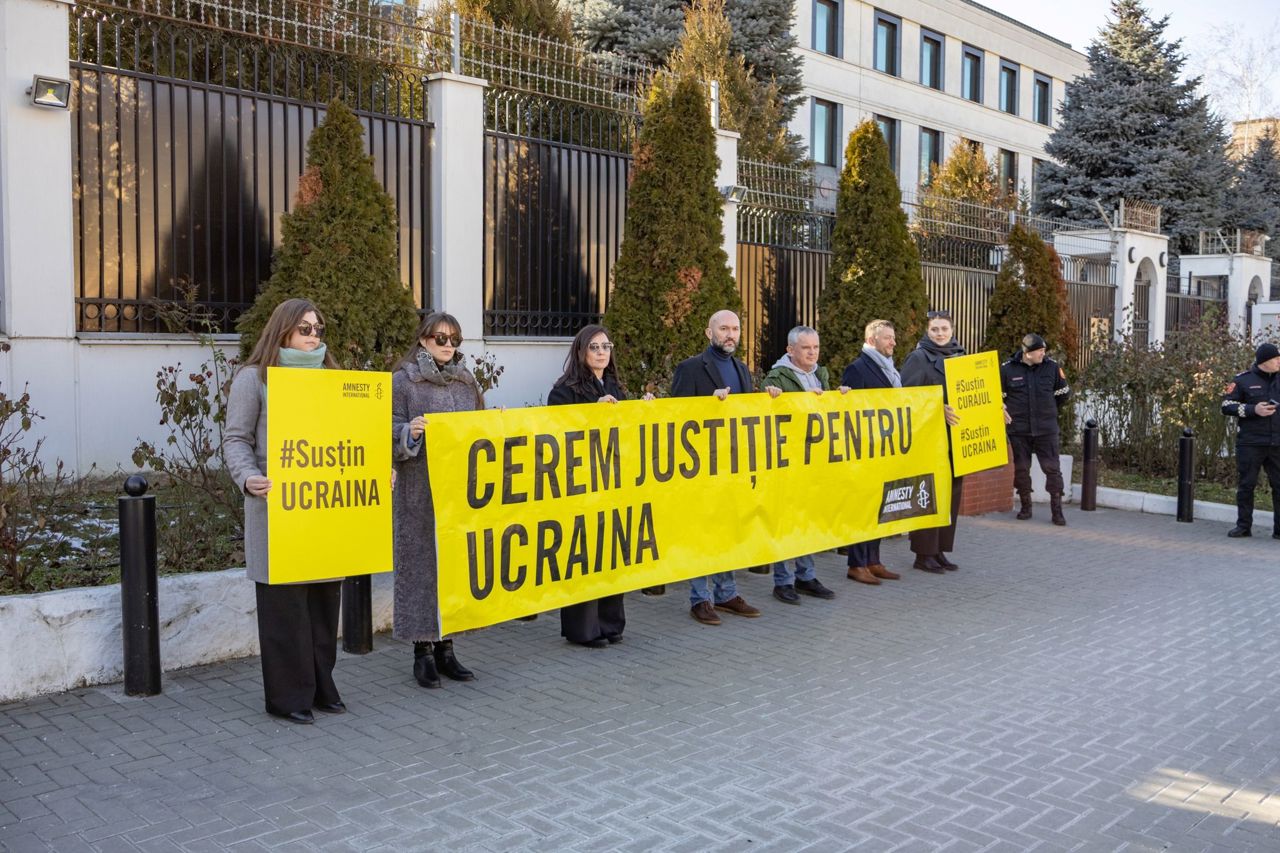Romanian parties agree on Crin Antonescu as presidential candidate
On Monday, December 23, the leaders of PSD, PNL, UDMR, and the minority groups agreed to field a joint candidate in the upcoming Romanian presidential elections.

The candidate is Crin Antonescu, the former leader of the Liberal Party. The announcement was made this morning by Ilie Bolojan, the president of PNL. The decision is expected to be validated by each party through a vote in their leadership bodies, as reported by g4media.ro.
Who is Crin Antonescu?
Crin Antonescu, aged 65, is known as one of the co-authors of the 2012 political coup. At that time, the Social Liberal Union (USL), led by Antonescu, Victor Ponta, and Dan Voiculescu, replaced the entire state leadership and sought to remove President Traian Băsescu from office. However, they were blocked by Western allies and the failure of the referendum, which did not reach quorum.
According to the cited source, Antonescu did not report any official income last year. In fact, for the past ten years, he has not held any publicly known job. Instead, he has been consistently supported and promoted by members of the so-called "Monaco group" – a circle of businessmen and former officers of the Securitate, the communist-era political police.
In the summer of 2012, Crin Antonescu served as Romania's interim president. This occurred between the suspension of Traian Băsescu by USL parliamentarians and his return to office after the dismissal referendum was invalidated.
A history teacher by profession, Crin Antonescu became the head of PNL in 2009. In 2010, he became one of the founders and leaders of USL. Immediately after assuming government leadership with Victor Ponta, USL replaced the heads of key institutions (Senate, Chamber of Deputies, Ombudsman) and revised laws and regulations to overturn the Băsescu regime.
Withdrawal from Politics
The attempted coup was harshly criticized by all of Romania's international partners, from the U.S. State Department to the President of the European Commission at that time, José Barroso, and the German Chancellor, Angela Merkel.
USL leaders only abandoned their challenge to the failed dismissal referendum after an unexpected visit to Bucharest by Philip Gordon, a U.S. State Department envoy. He explained to Crin Antonescu and Victor Ponta that they risked derailing Romania’s alignment with the West.
After the failure of the attempt to overthrow Traian Băsescu, Crin Antonescu ceded the leadership of PNL to Klaus Iohannis in 2014 under circumstances that have never been fully explained. He effectively withdrew from public life for the next ten years, spending much of his time in Brussels with his wife, Adina Vălean, while she served as European Commissioner.
It is worth noting that Crin Antonescu’s name was first mentioned as a possible joint candidate on December 10 by Kelemen Hunor, the spokesperson for Marcel Ciolacu.
Subsequently, the head of PNL, Ilfov Hubert Thuma, requested the PNL leadership to designate Crin Antonescu as the joint candidate for the PSD-PNL-UDMR coalition. Hubert Thuma is considered close to both PSD leaders and the Romanian Intelligence Service (SRI).
Translation by Iurie Tataru




